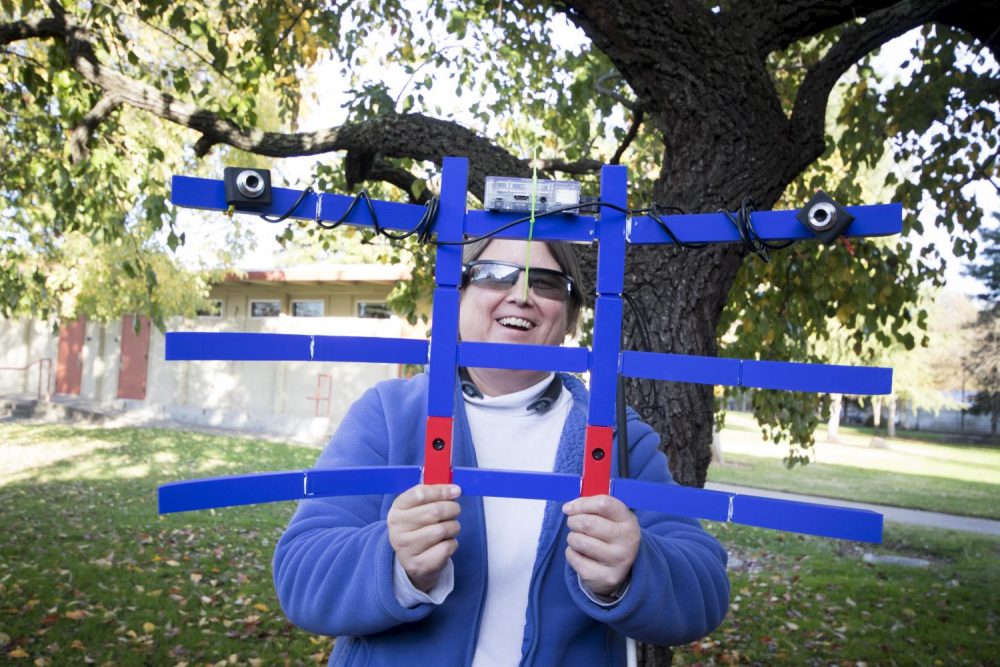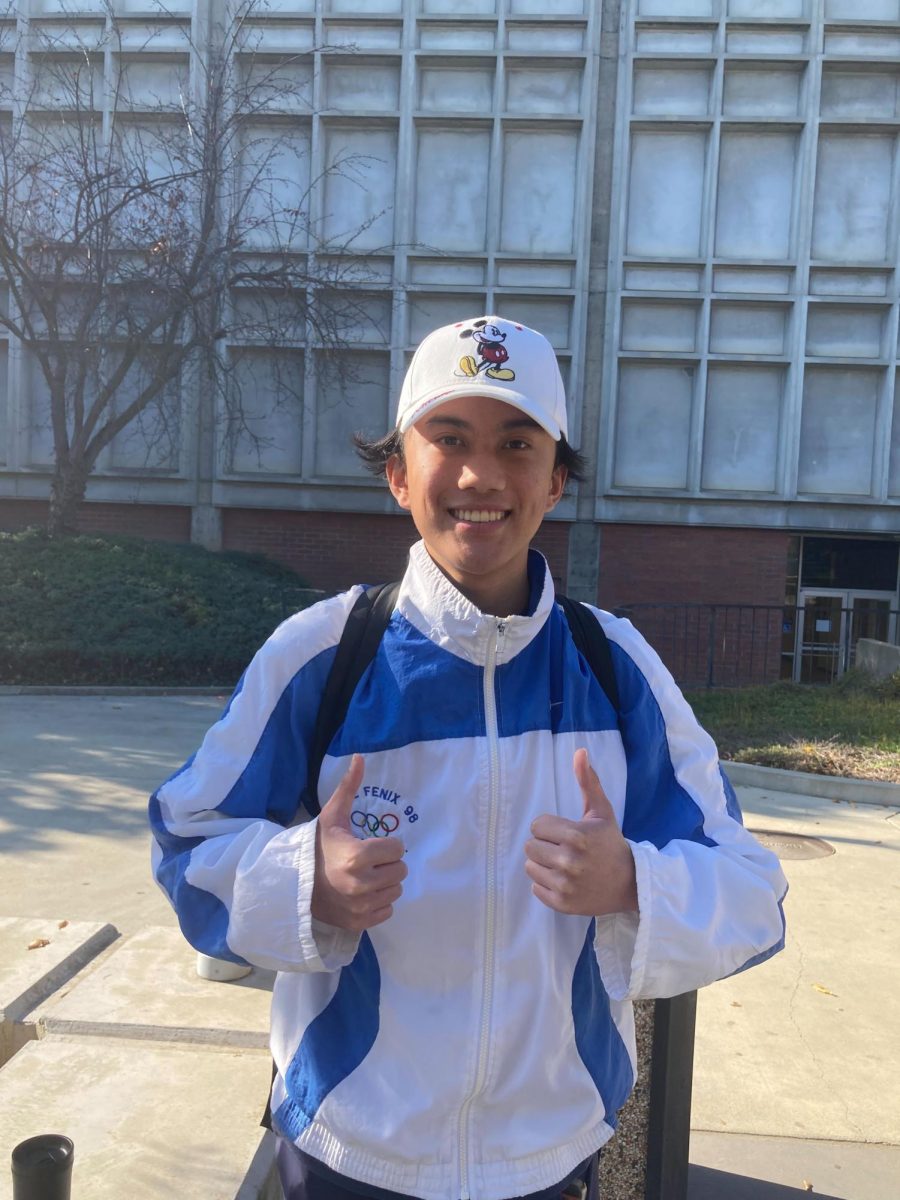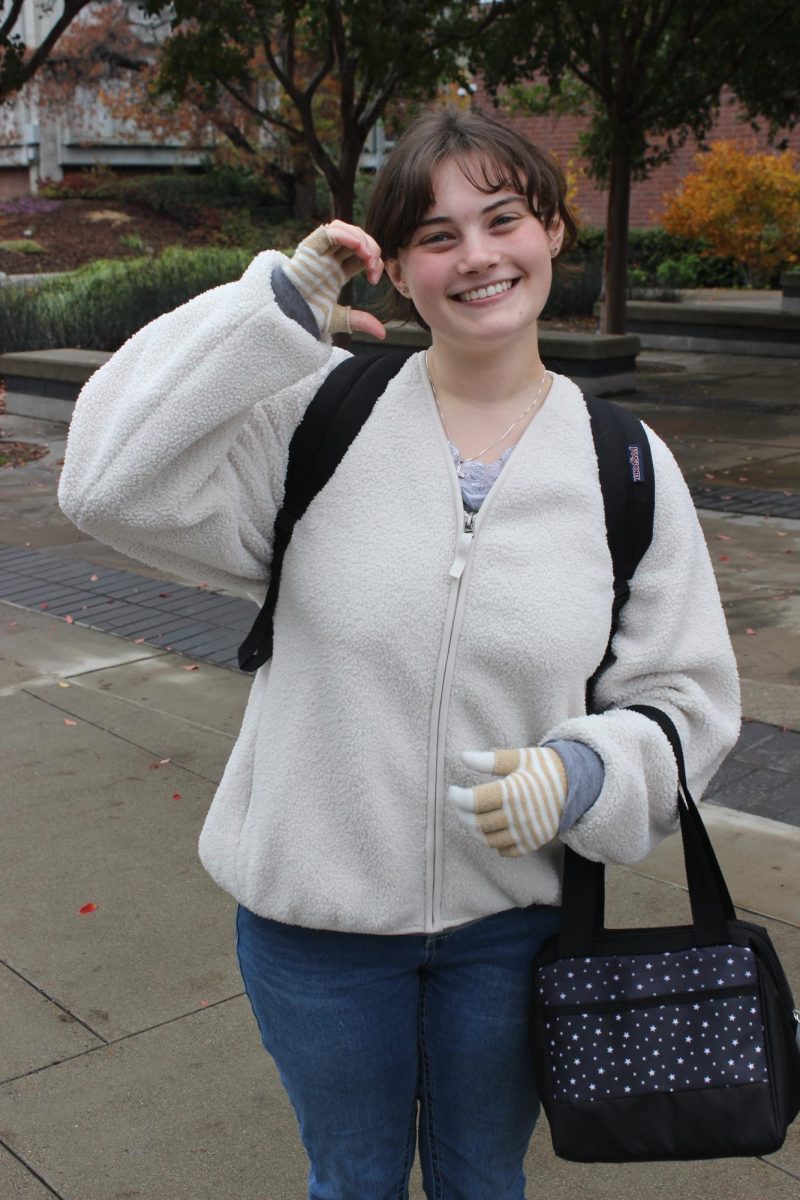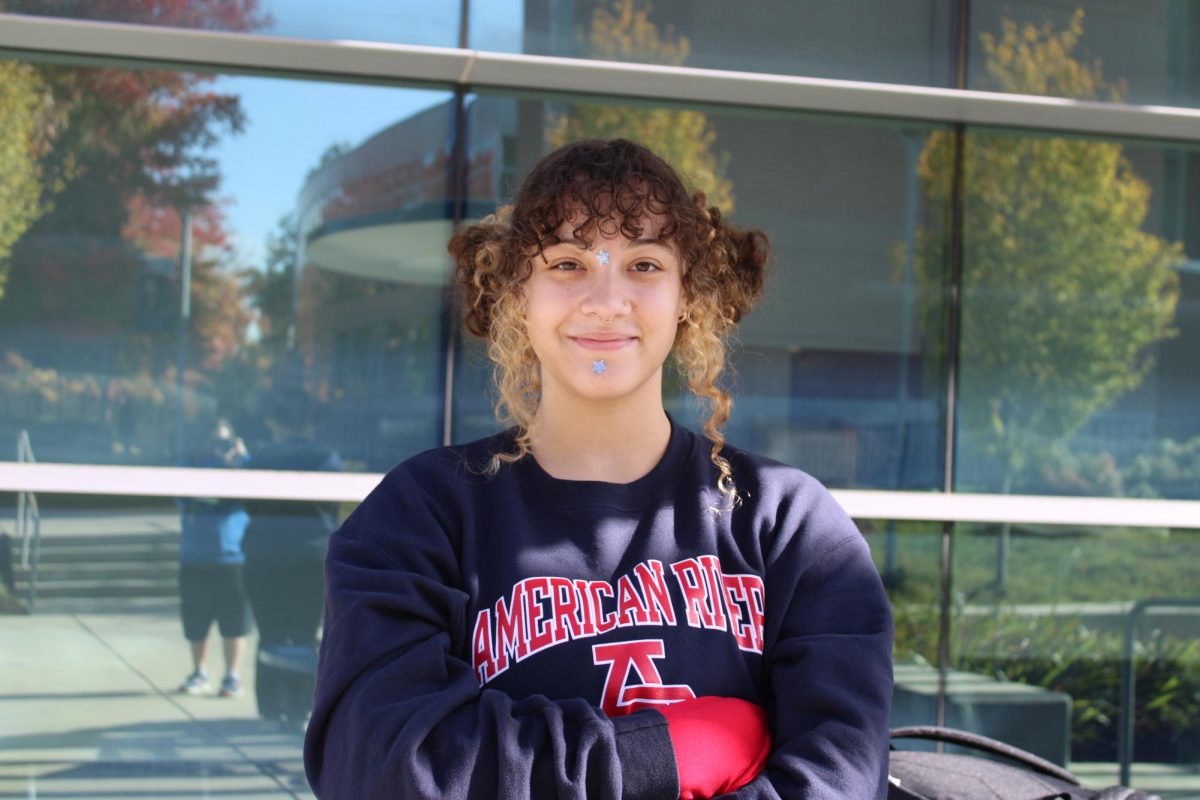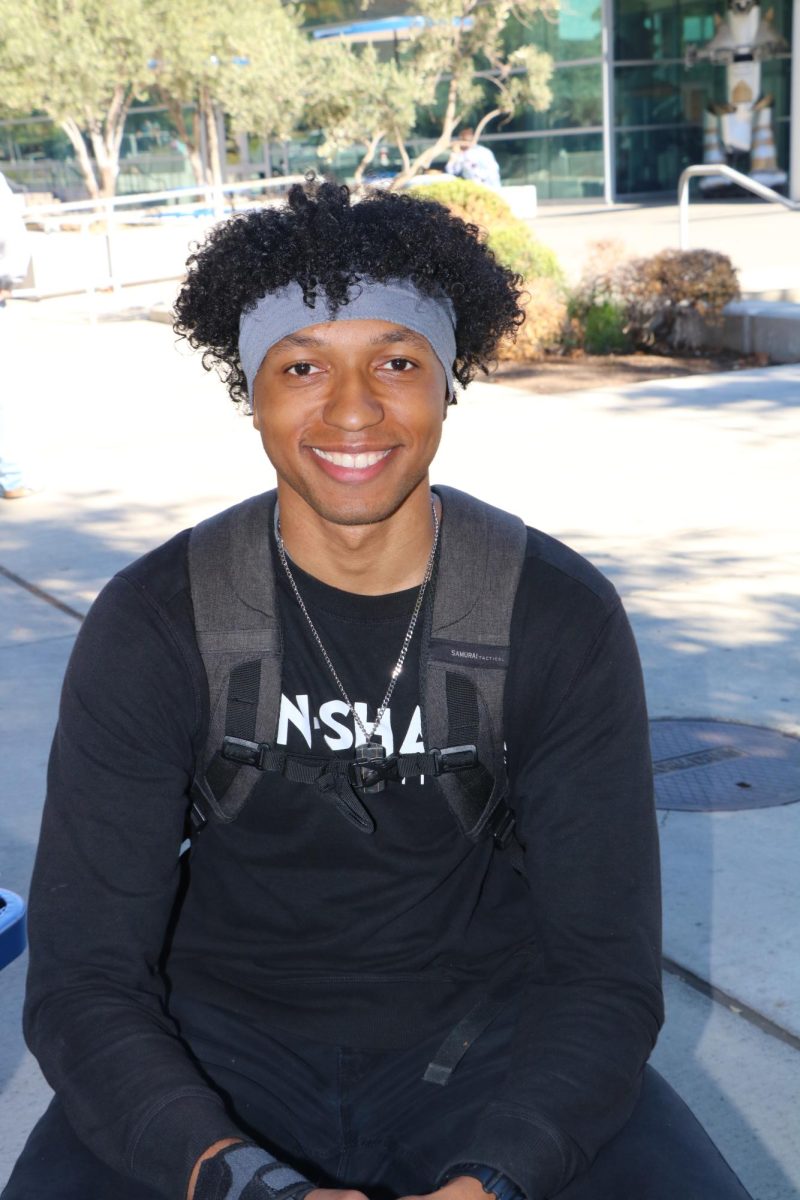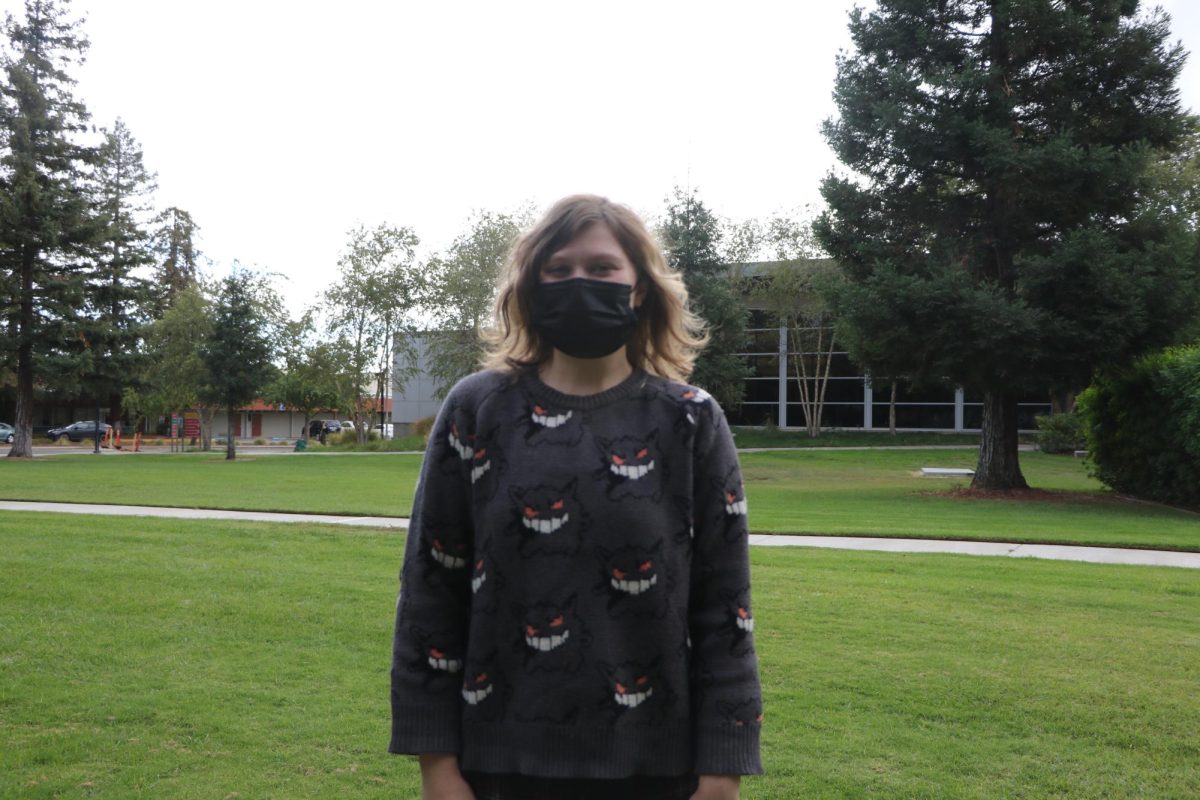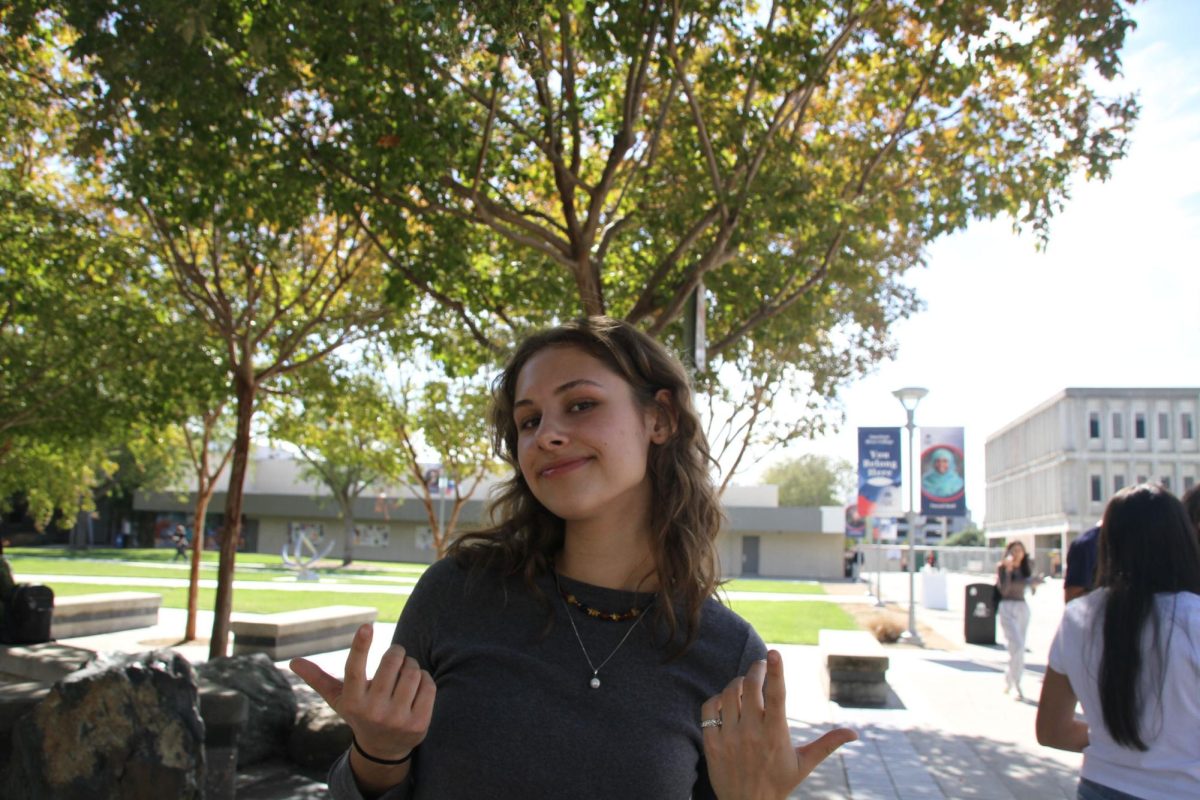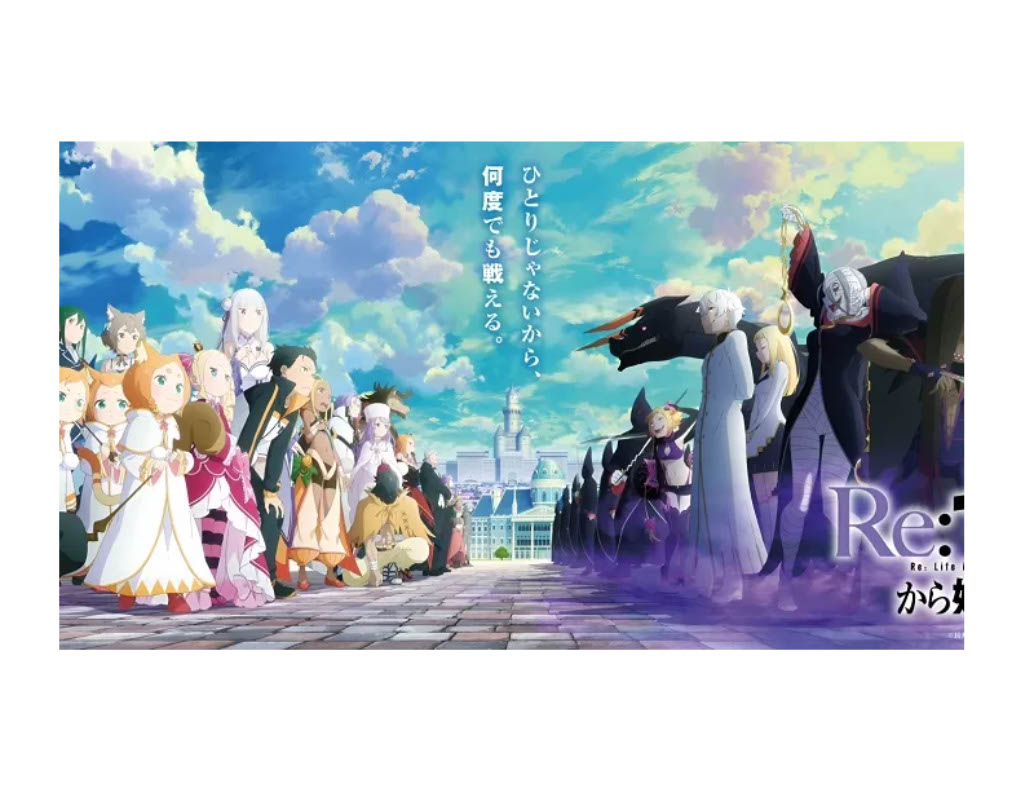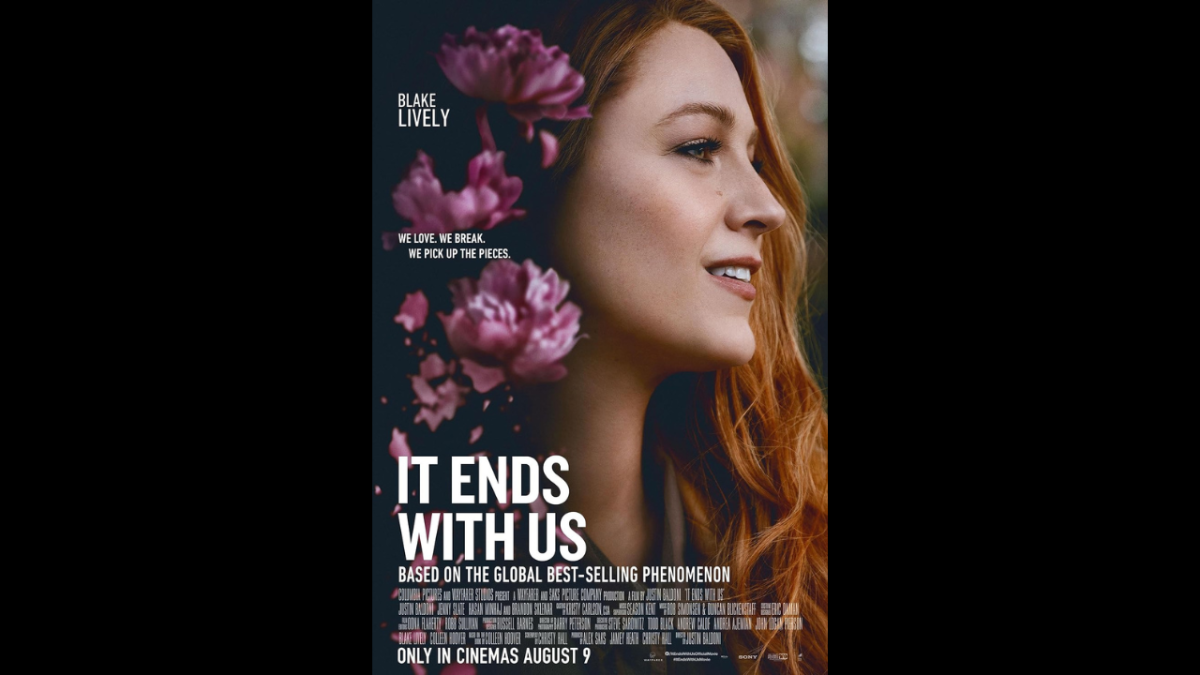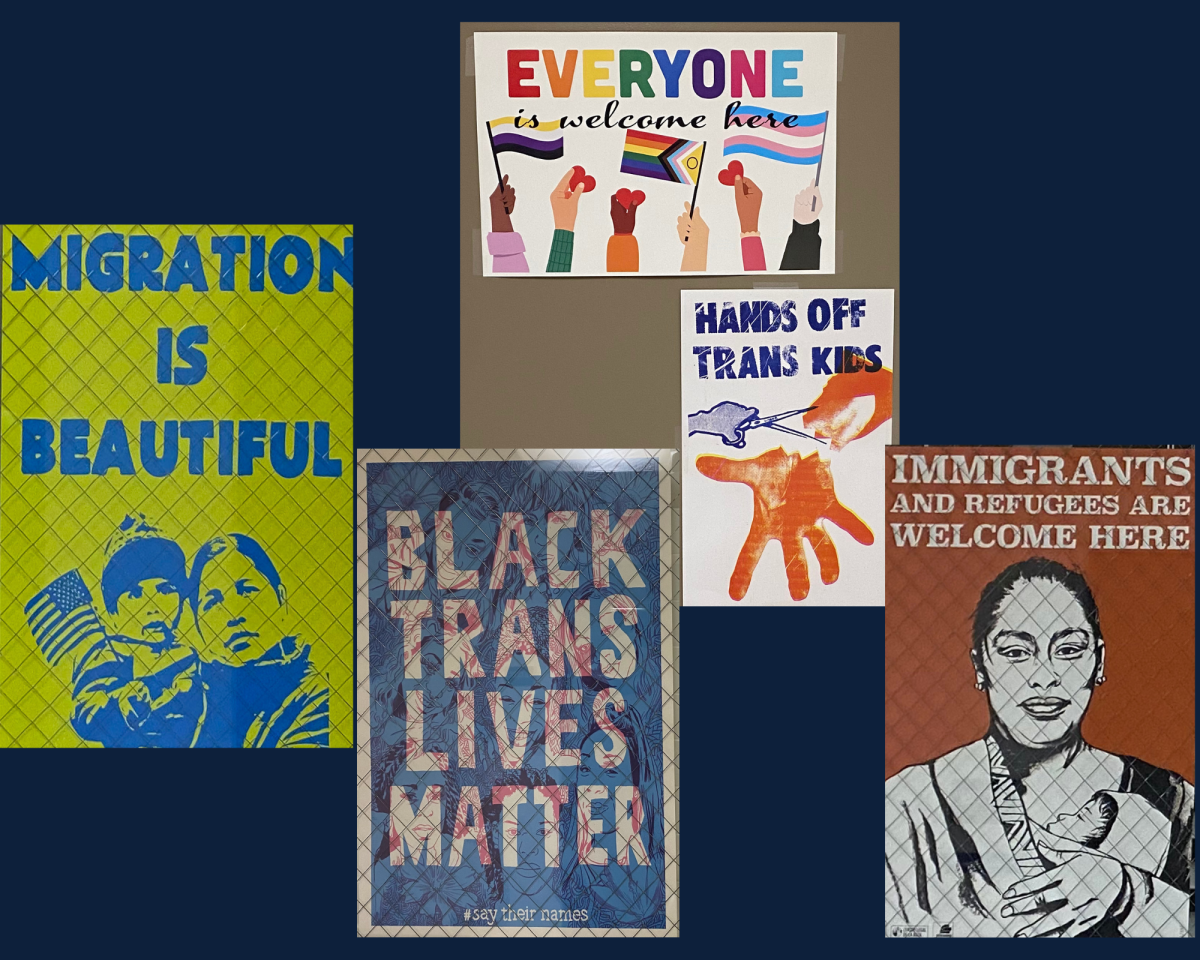Navigating the everyday routine on a college campus has its challenges—for students, it can be difficult to reach the resources available to them, if they’re even aware of where and what they are. Educators and employees find what time to themselves they can, where they can, and no one ever quite manages to figure out where everything is amid the sprawl of American River College’s mismatched buildings.
For the visually impaired, however, there are all of these challenges and more. Inside of their classroom or office, they may be faced with difficulties in discerning what’s written on a board or having to find what’s on the page right in front of them.
In the case of Tiffany Manosh, a blind instructional assistant at ARC’s computer science department, a small case is agency. Inside are chargers, wires, an extra phone for when a different plan is necessary and a pair of glasses with a camera attached.
It’s what she needs to make use of Aira—an assistive community dedicated to aiding the visually impaired through augmented reality.
Aira connects the blind and visually impaired to a network of live professional agents throughout the country, who interpret for their client in real time.
Manosh, who has been employed at ARC for 17 years, recently acquired a grant and in collaboration with the campus’ upcoming “Design Hub”—a hybrid system of internships and classes made possible by a separate Maker Space grant—is having a panoramic camera designed.
With the camera, she’ll be able to take pictures and get the shot right by connecting the three-dimensional images to Aira.
“They’ll be able to help me line up the camera as far as ‘am I in focus? Is the object in front of me, maybe a little bit to my right, to my left?’ To be able to grab that picture as a perfect image,” Manosh said.
Without Aira, she added, it’d be almost impossible.
For Manosh, the camera is a way to prove that Aira has the ability to give power to the visually impaired, so that—moving forward—it can become a service provided on campuses throughout the district.
“I’m hoping that, from this, it’ll really show not only this college—but the district—that this is a service that can really empower and break down barriers for the visually impaired,” she said.
Though the 3D camera’s development and the training necessary to use it will be a year-long process, Manosh noted that Aira will be available to students beginning next January.
For a blind student on their first day of class, she mused on how information wouldn’t be immediately available to them. However, with Aira, that changes—they’ll be able to have any of the community’s agents from throughout the United States connect to them in real time and identify what the student is seeing through either the camera on their smart glasses or their phone.
Manosh described the difference that Aira makes with a story of her own, about her first use of the service.
“The first ever difference it made wasn’t on this campus. It was traveling,” she said. “I was heading to [Washington DC], and being able to travel through an airport independently, without any assistance.”
Prior to Aira, Manosh had to be taken through security and to her connection in a wheelchair.
“Now, I contact Aira. They help me find security, they help me through security… I find my bag, and off I go to my gate,” she said.
Through her effort, Manosh has taken the first step toward bringing the service that changed her life to the college. With Aira, students will be able to have campus maps read to them on the spot in the midst of a college undergoing significant redesign and confront challenges on their own with nothing but their phone or smart glasses.
That is, most of the time. Manosh, with a laugh, admitted that getting a connection at ARC can sometimes be difficult—it’s why she carries one phone with a Verizon plan and another with AT&T.


